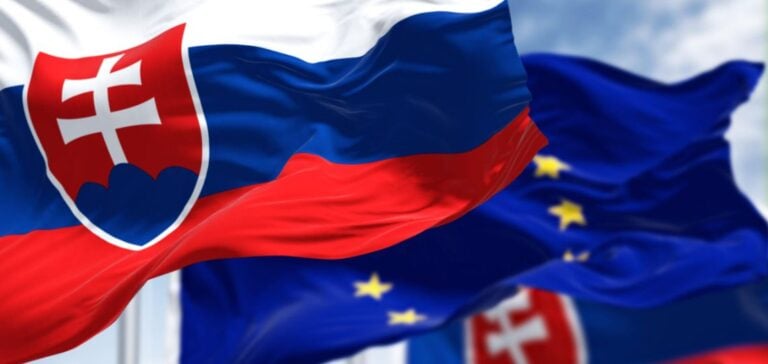Slovakia’s main gas importer, Slovenský Plynárenský Priemysel (SPP), recently dismissed a report dated October 31 suggesting that Slovakia and Hungary were close to finalizing an agreement to receive gas from Azerbaijan via Ukraine. According to this report, the supply, estimated between 12 and 14 billion cubic meters per year, would be managed by Azerbaijan’s state company Socar, with participation from transport operators SPP and the Hungarian energy company MVM. However, an SPP spokesperson stated on November 1 that the information about the alleged deal conclusion was unfounded.
SPP, a longstanding supporter of gas transit through Ukraine, clarified that while it regularly discusses energy issues with its partners, the notion that a supply contract involving the Slovak company was about to be signed was false. Neither MVM nor Socar, the companies reportedly involved, commented on the information.
Context and Slovakia’s Dependence on Russian Gas
Slovakia remains dependent on Russian gas, primarily imported via Ukraine, though it has taken steps to diversify its supply sources. In this effort, connections have been established with neighboring countries such as Hungary and Poland, and reverse-flow capacities have been bolstered through the Czech Republic and Austria. The diversification of these routes aims to secure supply, as the five-year gas transit agreement between Russia and Ukraine is set to expire at the end of 2024. If no new arrangement is reached, Russian gas flows to Slovakia could be interrupted.
Slovakia also earns revenue as a transit state for Russian gas routed via Ukraine to Austria. This gas transit remains crucial to the country’s economy.
Ongoing Statements and Regional Negotiations
In May, SPP had mentioned the feasibility of creating a European consortium to secure gas deliveries at the Russia-Ukraine border, ensuring continued supply of Russian gas through Ukraine post-2024. In parallel, Azerbaijan has also initiated discussions with Russia and Ukraine to explore the possibility of maintaining gas transit via Ukrainian territory.
Azerbaijan’s President, Ilham Aliyev, stated in September that he remained optimistic about progress in these discussions. Concurrently, Ukraine’s national gas company, Naftogaz, has also engaged in talks with Socar about the potential transit and storage of Azerbaijani gas in Ukraine. According to Oleksiy Chernyshov, CEO of Naftogaz, two scenarios are possible: a complete halt in flows or a model with alternative suppliers to guarantee gas distribution to European customers.
Prerequisites and Future Prospects
Chernyshov added that a prerequisite for this cooperation would involve using Ukraine’s storage facilities for Azerbaijani gas. However, persistent tensions between Ukraine and Russia over the transit issue complicate future prospects. In fact, Ukrainian Prime Minister Denys Shmyhal affirmed in early October that Kyiv would not extend the transit agreement with Moscow upon its expiration.
Despite this, Slovakia is striving to promote new arrangements to enable Russian gas to continue transiting through Ukraine. According to Shmyhal, his government understands the acute dependence of some countries, including Slovakia, on this resource but hopes for a gradual diversification of their supply sources. The impending end of the current agreement and the resulting uncertainty raise questions about the region’s energy future and the ability of various players to secure viable alternatives for their consumers.






















